Discovery of Rome
According to legend, Ancient Rome was founded by the two brothers, and demi-gods, Romulus and Remus, on 21 April 753 BCE. The legend claims that, in an argument over who would rule the city. Romulus killed Remus and named the city after himself. This story of the founding of Rome is the best known but it is not the only one.
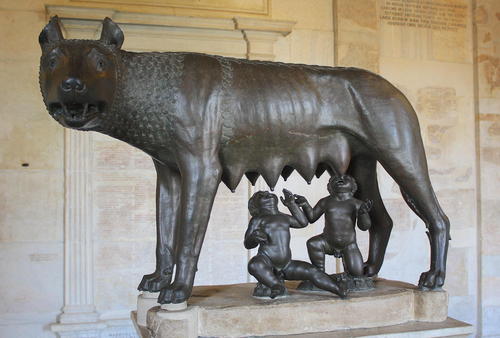
Other legends claim the city was named after a woman, Roma, who traveled with Aeneas and the other survivors from Troy after that city fell. Upon landing on the banks of the Tiber River, Roma and the other women objected when the men wanted to move on. She led the women in the burning of the Trojan ships and so effectively stranded the Trojan survivors at the site which would eventually become Rome. Aeneas of Troy is featured in this legend and also, famously, in Virgil’s Aeneid, as a founder of Rome and the ancestor of Romulus and Remus, thus linking Rome with the grandeur and might which was once Troy.
Still other theories concerning the name of the famous city suggest it came from Rumon, the ancient name for the Tiber River, and was simply a place-name given to the small trading centre established on its banks or that the name derived from an Etruscan word which could have designated one of their settlements.
Kingdom of Rome
From the start, the Romans showed a talent for borrowing and improving upon the skills and concepts of other cultures. The Kingdom of Rome grew rapidly from a trading town to a prosperous city between the 8th and 6th centuries BCE
Even so, Rome found itself divided across class lines. The ruling class called themselves Optimates (the best men) while the lower classes, or those who sympathized with them, were known as the Populares (the people).
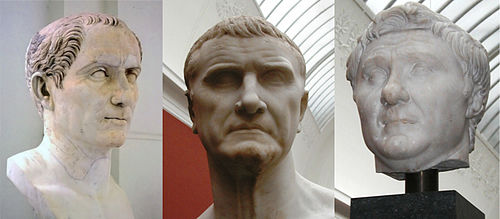
Marcus Licinius Crassus and his political rival, Gnaeus Pompeius Magnus (Pompey the Great) joined with another, younger, politician, Gaius Julius Caesar, to form what modern historians call the First Triumvirate of Rome. Crassus and Pompey both held the Optimate political line while Caesar was a Populare.
In 53 BCE Crassus lead a sizeable force against the Parthians at Carrhae, in modern day Turkey, where he was killed when truce negotiations broke down. With Crassus gone, the First Triumvirate disintegrated and Pompey and Caesar declared war on each other. Caesar had a great victory against Pompey.
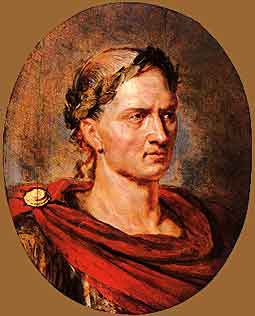
Julius Caesar was now the most powerful man in Rome. He effectively ended the period of the Republic by having the Senate proclaim him dictator. His popularity among the people was enormous and his efforts to create a strong and stable central government meant increased prosperity for the city of Rome.
He was assassinated by a group of Roman Senators in 44 BCE, however, precisely because of these achievements.The conspirators, Brutus and Cassius among them, seemed to fear that Caesar was becoming too powerful and that he might eventually abolish the Senate.
Following his death, his right-hand man, and cousin, Marcus Antonius (Mark Antony) joined forces with Caesar’s nephew and heir, Gaius Octavius Thurinus (Octavian) and Caesar’s friend, Marcus Aemilius Lepidus, to defeat the forces of Brutus and Cassius at the Battle of Phillippi in 42 BCE.
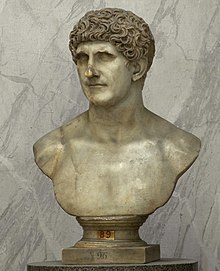
Mark Antony 
Octavian 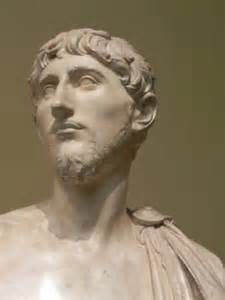
Lepidus
Octavian, Antony and Lepidus formed the Second Triumvirate of Rome but, as with the first, these men were also equally ambitious. Lepidus was effectively neutralized when Antony and Octavian agreed that he should have Hispania and Africa to rule over and thereby kept him from any power play in Rome. It was agreed that Octavian would rule Roman lands in the west and Antony in the east.
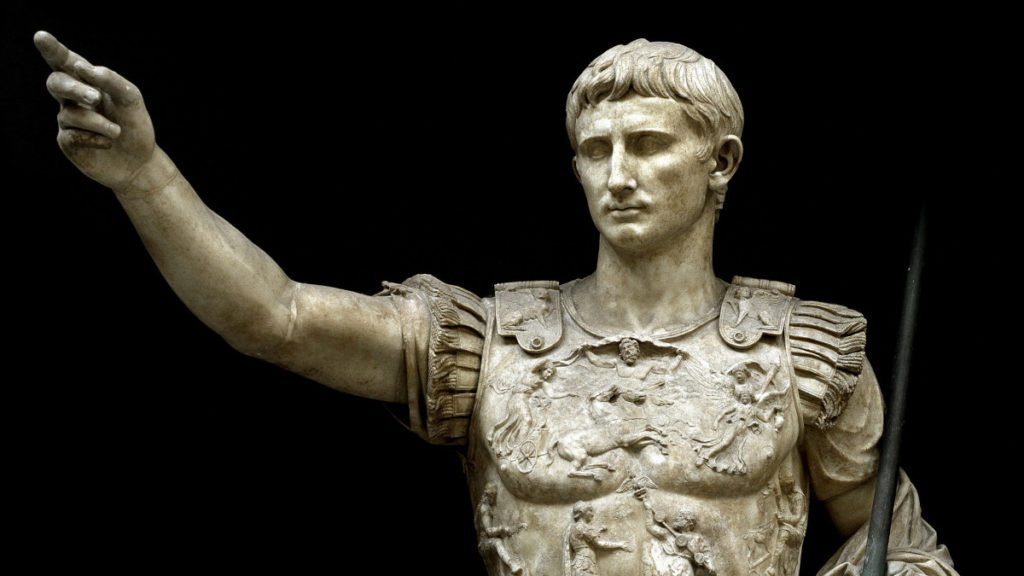
Antony was defeated at the Battle of Actium in 31 BCE. Octavian emerged as the sole power in Rome. In 27 BCE he was granted extraordinary powers by the Senate and took the name of Augustus, the first Emperor of Rome. Historians are in agreement that this is the point at which the history of Rome ends and the history of the Roman Empire begins.
Source: https://www.ancient.eu/



Comment here